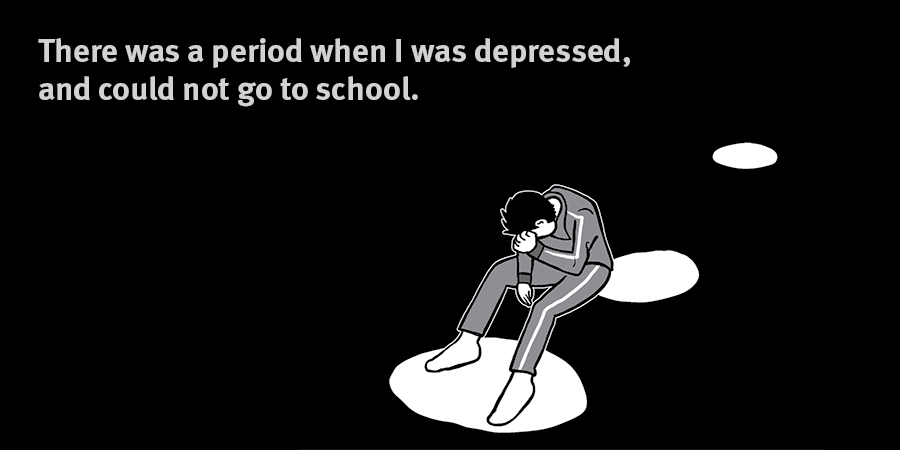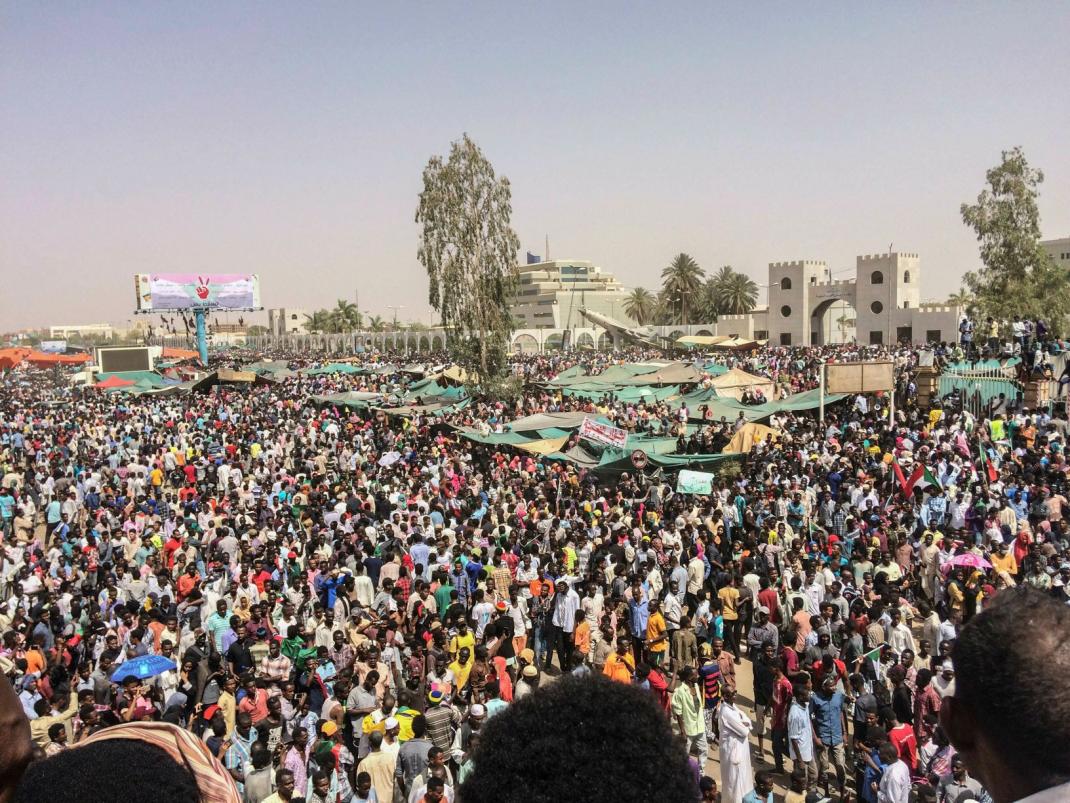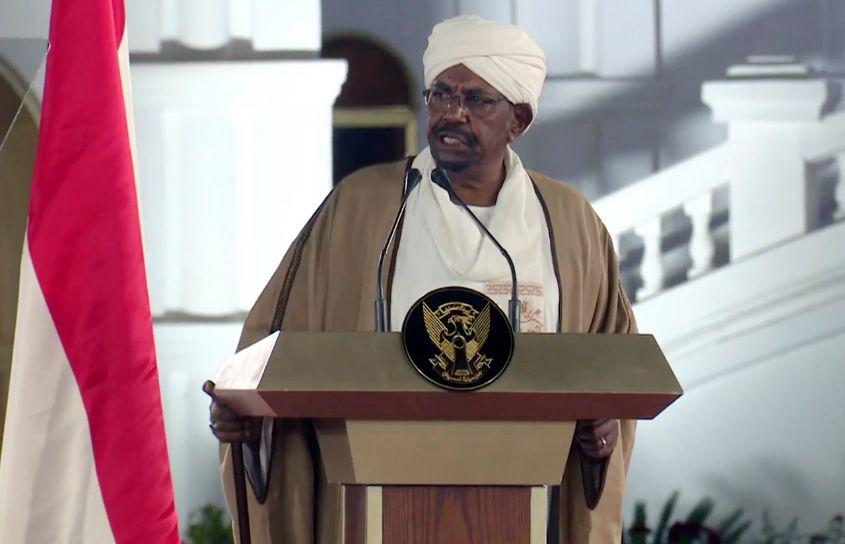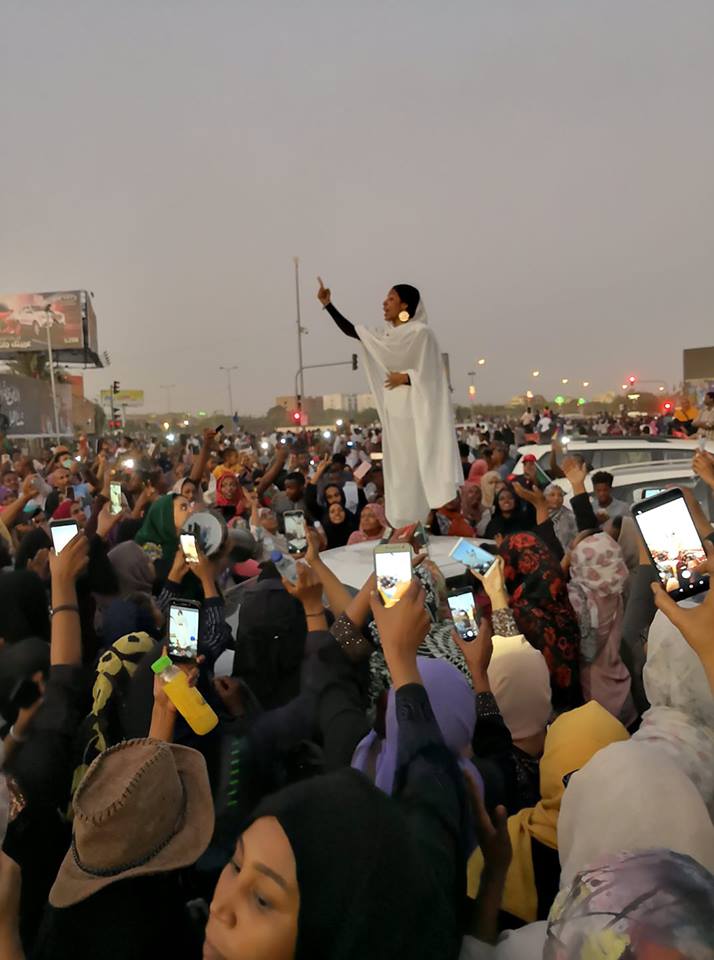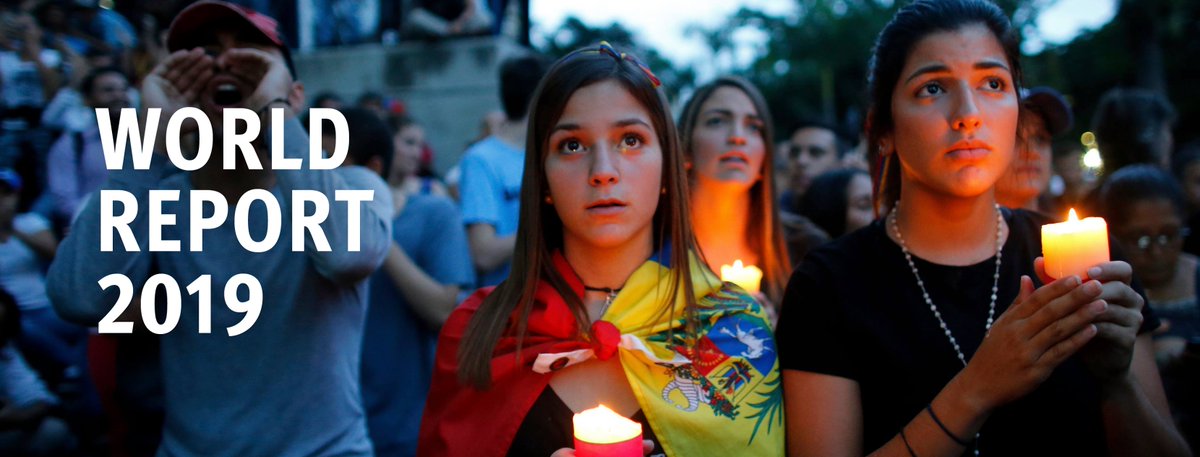
Welcome to the launch event for @HRW’s 32nd annual World Report, covering the human rights situation in some 100 countries around the world.
We’re live-tweeting the presentation of our executive director @KenRoth here… #Rights2022
Live-stream:
We’re live-tweeting the presentation of our executive director @KenRoth here… #Rights2022
Live-stream:

First, I would like to highlight this year’s overarching theme, as reflected in the report’s introduction.
Conventional wisdom these days is that autocracy is ascendent, democracy on the decline.
But the reality is more complex…
- @KenRoth #Rights2022
Conventional wisdom these days is that autocracy is ascendent, democracy on the decline.
But the reality is more complex…
- @KenRoth #Rights2022
In places like #Myanmar, #Sudan, #Russia, #Belarus, #Nicaragua, #Poland, and #Uganda, we have recently seen a public outpouring of support for democracy. People have taken to the streets to demand an end to autocratic rule, even at the risk of being arrested or shot.
- @KenRoth
- @KenRoth
But the problems for autocrats go even deeper...
In some countries ruled by autocrats that retain at least a semblance of democratic elections, opposition political parties have begun to paper over their policy differences to build broad alliances in pursuit of their common interest in ousting the autocrat.
- @KenRoth
- @KenRoth
Such coalitions succeeded in removing Czech PM Babiš and Israeli PM Netanyahu. They are challenging Hungarian PM Orbán and Turkish Pres Erdoğan. A similar coalition in the US chose Joe Biden to run against Donald Trump.
- @KenRoth #Rights2022
- @KenRoth #Rights2022
As autocrats can no longer rely on subtly manipulated elections to preserve power, a growing number are resorting to electoral charades that guarantee their victory but confer none of the legitimacy of an election.
We have seen these “Zombie elections” in Hong Kong, Nicaragua, Belarus, Russia, Uganda, and Iran.
One could try to portray these electoral farces as autocratic assertions of power, but in fact they are acts of desperation.
They are last-resort measures for autocrats who have lost any prospect of public support.
They are last-resort measures for autocrats who have lost any prospect of public support.
That should hardly be surprising. Autocrats claim to deliver better results than democrats, but they usually deliver mainly for themselves.
- @KenRoth #Rights2022
- @KenRoth #Rights2022
Despite their fanciful rhetoric of serving “the people,” despite their efforts to change the subject by demonizing minorities or immigrants, autocrats invariably serve themselves and the generals and cronies who back them.
- @KenRoth #Rights2022
- @KenRoth #Rights2022
The Covid-19 pandemic illustrated this problem. Beginning with China at the time of the Wuhan outbreak, many autocratic leaders suppressed information that they found to be politically costly, even at the expense of public health.
Some autocratic leaders used the pandemic as a pretext to suppress opposition rallies.
Ultimately, people see through that.
Yet, we must recognize that autocrats have been maintaining power not only because they have been trying to divert attention from their self-serving rule. They also have benefited from the failings of democratic leaders.
- @KenRoth #Rights2022
- @KenRoth #Rights2022
Today’s challenges are big: the #ClimateCrisis, the Covid-19 pandemic, poverty and inequality, racial injustice, the threats from modern technology… But today’s democratic leaders are often too mired in short-term partisan battles to address these problems effectively.
Yes, democratic leaders are more answerable to their people, but they have not risen to the occasion.
- @KenRoth #Rights2022
- @KenRoth #Rights2022
If democracies are to prevail, their leaders must do more than spotlight the autocrats’ shortcomings. They must ensure that democracy delivers on its promised dividends.
- @KenRoth at the launch of Human Rights Watch’s new World Report. #Rights2022
- @KenRoth at the launch of Human Rights Watch’s new World Report. #Rights2022
Being the “least bad system of governance” may not be enough if public despair at democratic leaders’ failure to meet today’s challenges leads to public indifference about democracy.
- @KenRoth #Rights2022
- @KenRoth #Rights2022
The defense of human rights requires not only curbing autocratic repression but also improving democratic leadership.
Otherwise, democratic leaders risk fueling the frustration and despair that are fertile ground for the autocrats.
- @KenRoth #Rights2022
Otherwise, democratic leaders risk fueling the frustration and despair that are fertile ground for the autocrats.
- @KenRoth #Rights2022
Ken is now taking questions...
Follow live here:
And read our full World Report online here: hrw.org/world-report/2…
#Rights2022
Follow live here:
And read our full World Report online here: hrw.org/world-report/2…
#Rights2022
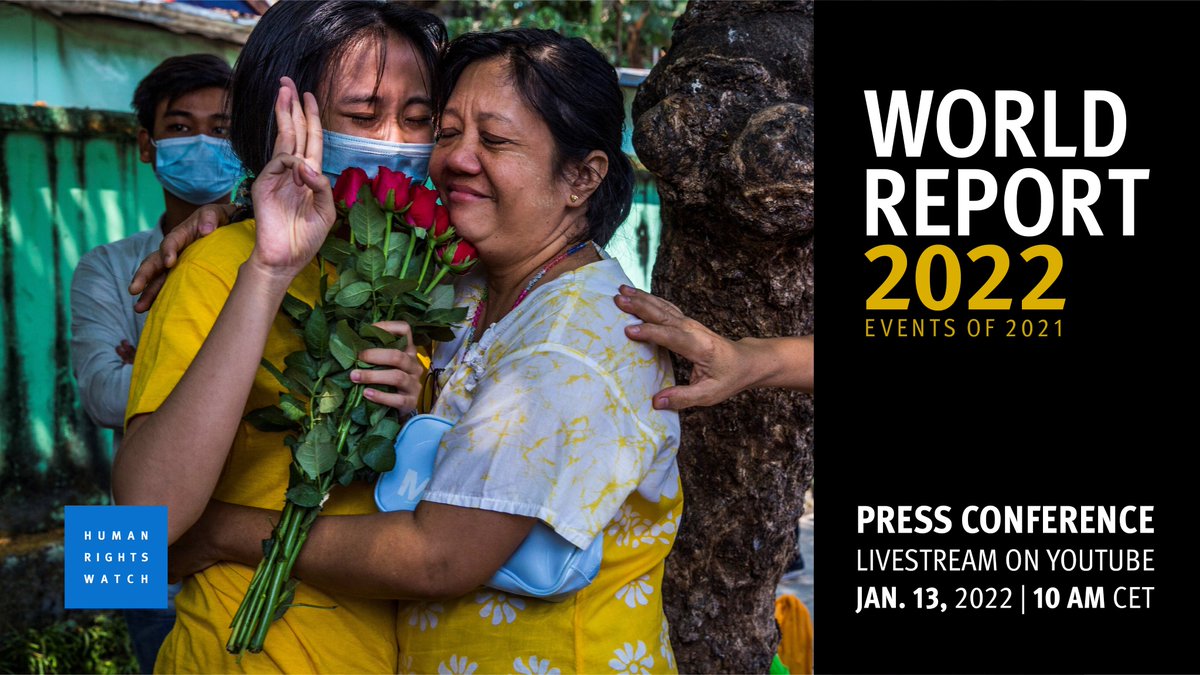
• • •
Missing some Tweet in this thread? You can try to
force a refresh





